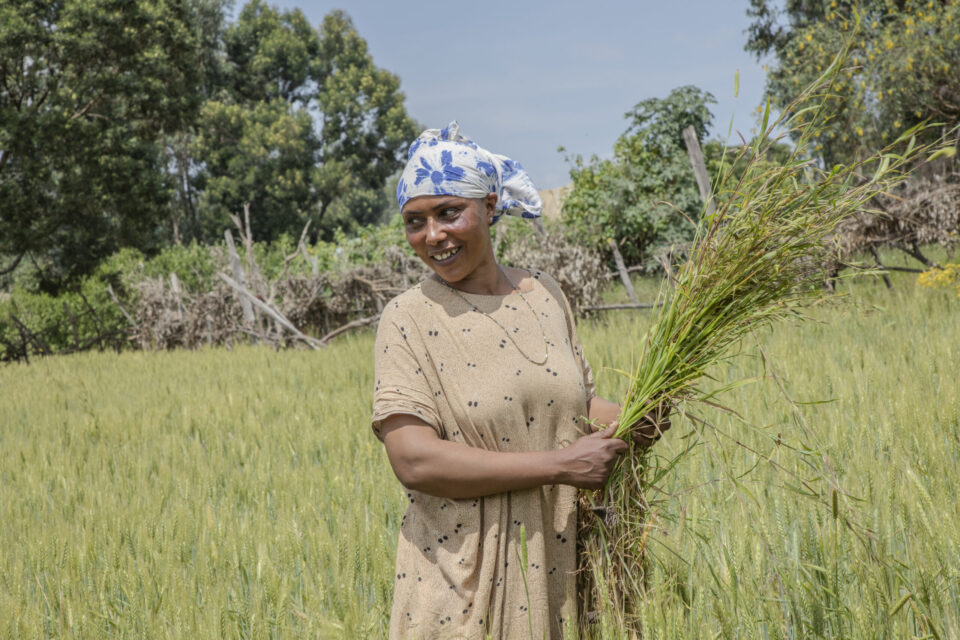Central Ethiopia – The International Livestock Research Institute (ILRI), in partnership with regional broadcasters and Ethio Telecom, has successfully piloted radio and mobile communication tools to help Ethiopian farmers adopt climate-smart agricultural practices, especially in areas underserved by traditional extension services.
The initiative, rolled out over three years in Amhara, Sidama, and Central Ethiopia, reached over 91,000 livestock farmers with targeted information on improved forage production—a crucial component in building resilience to climate change.
Bridging the Knowledge Gap with Radio and Mobile Messaging
Through a multimedia communication campaign, ILRI and partners delivered:
-
39 radio episodes (20 minutes each) in local languages, covering forage varieties, storage, and climate-resilient feeding methods
-
48,000 one-minute voice messages sent via mobile phones to over 29,000 farmers
-
Journalist training workshops to improve livestock-focused reporting at regional radio stations
Changing Attitudes, Practices, and Information Access
Initial surveys showed that 98% of farmers relied on crop residues for feed, with few willing to allocate land to forage due to concerns over food crop losses. Social stigma also hindered adoption, with forages dismissed as “just grass,” and women excluded from decision-making in livestock markets.
But by the project’s end:
-
Mobile and radio were among the top three trusted information sources (alongside extension agents)
-
Voice messages had a 61% listen-through rate
-
Farmers reported increased interest in drought-tolerant forages like alfalfa and legumes
-
Non-participating farmers began calling extension officers for guidance
-
Early adopters mentored peers, expanding local knowledge-sharing
Communication Is Key—But Not a Silver Bullet
While digital messaging played a pivotal role in outreach, ILRI noted that mass communication alone was not enough. On-the-ground support—like field days, seed distribution, and farmer training—remained essential to address gaps in forage seed availability and technical skills.
“This project shows the power of combining radio, mobile technology, and local voices to support behaviour change in climate-smart agriculture,” said an ILRI project coordinator. “But it also confirms that tech must be supported by hands-on training and systems strengthening.”
Looking Ahead
As Ethiopia continues to face climate variability, innovative communication models like this could help scale up climate-smart agriculture across remote and resource-poor areas—not only improving livestock productivity but also enhancing food security and rural resilience.


